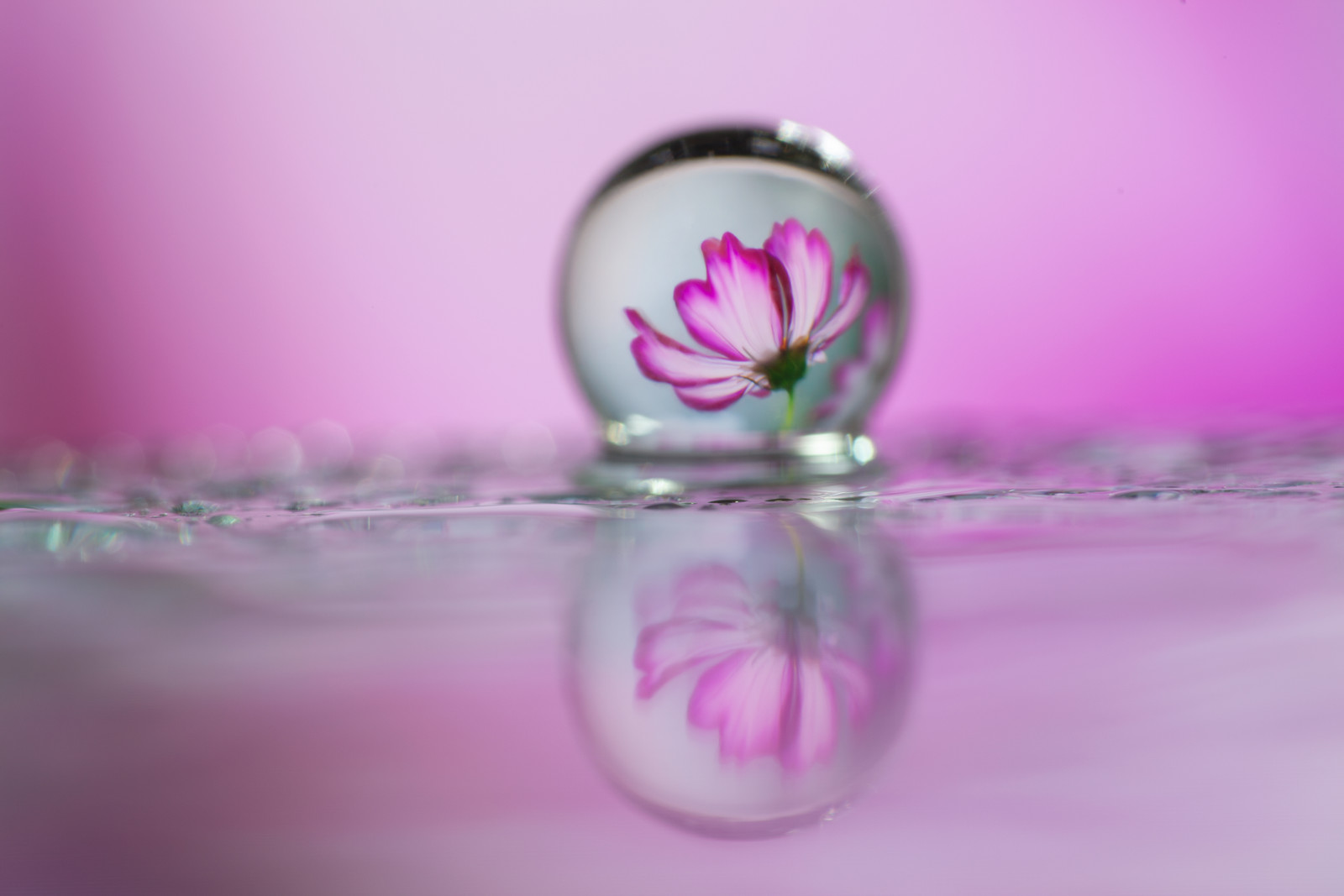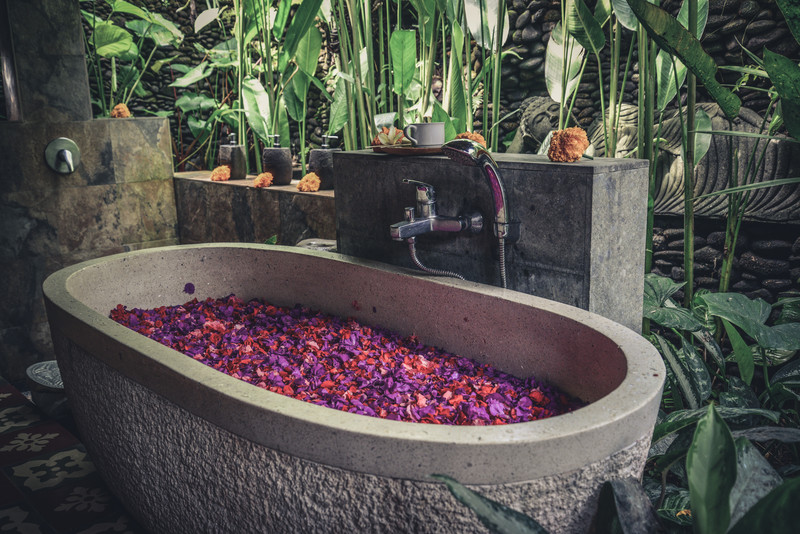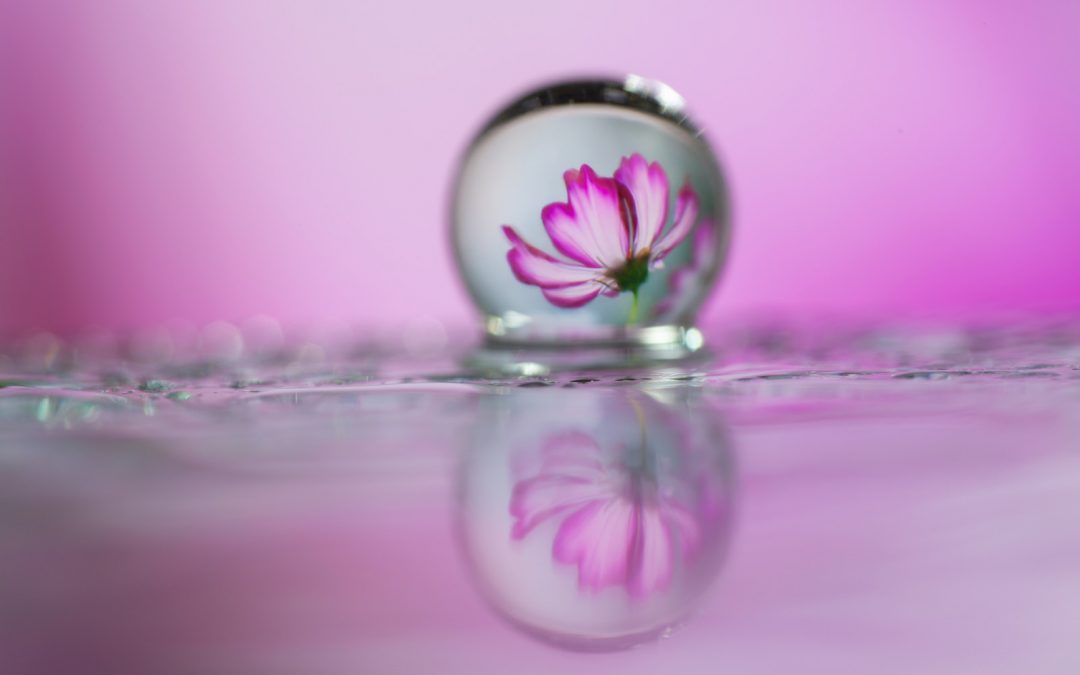What You Should Know When Using Essential Oils
“Smell is the primordial sense, more powerful, more primitive, more intimately tied to our memories and emotions than any other. A scent can trigger spiritual, emotional, or physical peace and stimulate healing and wellness.”
– Donna Karan

We all know oil and water don’t mix, but why should we care when it comes to essential oils? We should care because essential oils (this includes CO2’s) are not water-soluble and are concentrated, volatile liquids that should be handled with care. Yes, they are natural, but they can also cause harm if you don’t use them appropriately.
One of the mistakes people often make is adding essential oils to their water-based products without a solubilizer. Not sure what that is? Here I talk not only about solubilizers, but when and how you should use them.
What is a solubilizer?
Before we talk about a solubilizer, let’s talk about what it means to be soluble. Something is soluble if it can be dissolved in water. We already know that essential oil does not dissolve into water. We need something to aid in the mixing process. A solubilizer does this. It will keep essential oils and water mixed, thus making it soluble. It is important to note that a solubilizer only disperses small molecules and will not work for larger molecules, such as carrier oils.
How does a solubilizer work?
Solubilizers are mostly water-soluble (hydrophilic)and only slightly compatible with oil (lipophilic). This allows the essential oil and water to mix into tiny particles that form a uniform mixture.
When should you use a one?
You should add a solubilizer to any water-based product. This includes room sprays, toners, some gels, and mixtures for the bath. It is important to note that the solubilizer should be added to the essential oil first and then to the water-based mixture. A word of caution, if you have essential oil that easily disperses into the water, it has likely been adulterated or diluted with something else and is not pure.
If you choose not to use a solubilizer, then you must shake before each use. If it is used topically, like in a bath, you also run the risk of getting “hot spots”. Places where concentrated amounts of oil have settled on your skin. This can lead to sensitivity and allergic reactions.

How much do I use?
In my experience, it depends on the essential oil as well as the type of solubilizer. Some essential oils are more “water-loving” and thus will need more. Synthetic versus natural, will give you different results. (Some manufacturers will give you a ratio.) My advice, test each oil yourself. A good place to begin is with a ratio of 1:4. One drop of essential oil to 4 drops of a solubilizer. The less you have to use, the better.
I like to use a liquid solubilizer for room sprays, gels, and tonics. For baths, I prefer Natrasorb, a fluffy, tapioca based product.
I hope this will add knowledge and insight into your journey with essential oils. I always enjoy fun information on how to use my essential oils safely, hopefully, you will too!


